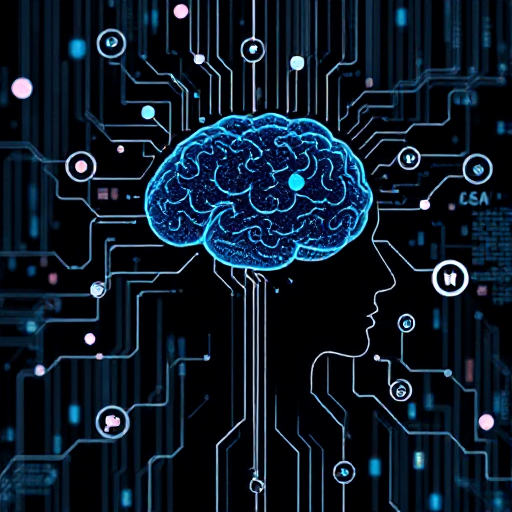Mental Health in the Digital Age
Here’s a detailed article Mental Health In the modern world, technology and digital platforms have reshaped the way we live, work, and interact. While these advancements offer unparalleled convenience and connectivity, they also profoundly impact our mental health. The digital age presents both Here’s a detailed article opportunities and challenges for mental well-being, making it imperative to understand and navigate its complexities effectively.
The Dual Impact of Technology
Technology’s influence on mental health is twofold: it has provided innovative tools for mental health care while simultaneously introducing risks that can exacerbate stress and emotional distress.
The Positive Contributions
- Access to Mental Health Resources:
Digital platforms have made mental health care more accessible than ever. Telehealth services, online therapy, and mobile apps provide support to individuals who might otherwise face barriers such as geographic isolation or stigma. - Increased Awareness and Advocacy:
Social media and online campaigns have played a pivotal role in destigmatizing mental health issues. Educational content, personal stories, and professional advice have encouraged open conversations and empowered individuals to seek help. - Supportive Communities:
Online forums, support groups, and peer networks offer safe spaces for individuals to share their experiences and find solidarity with others facing similar challenges. - AI and Early Detection Tools:
Artificial intelligence-driven tools can monitor behavioral patterns, such as sleep and activity levels, providing early warnings for potential mental health issues. Wearable devices and apps that track stress or mood changes are becoming increasingly sophisticated.https://estep.xyz/?p=268
The Challenges and Risks
- Social Media and Comparison Culture:
While social media fosters connections, it also promotes unrealistic standards of success, beauty, and happiness. The constant comparison to others’ curated lives can lead to feelings of inadequacy, low self-esteem, and depression. - Cyberbullying and Online Harassment:
The anonymity of the internet has contributed to a rise in cyberbullying, which can leave lasting emotional scars. Victims of online harassment often experience heightened anxiety, depression, and a sense of isolation. - Excessive Screen Time:
Prolonged exposure to screens has been linked to poor sleep, reduced attention spans, and increased stress. The constant influx of notifications and information can overwhelm the mind, leading to burnout. - Data Privacy Concerns:
Many apps and platforms collect sensitive personal information. Misuse or breaches of this data can erode trust and heighten anxiety about privacy.
Strategies for Navigating Mental Health in the Digital Era
- Practice Mindful Technology Use:
Setting boundaries for screen time, incorporating digital detoxes, and prioritizing face-to-face interactions can help mitigate the negative effects of excessive technology use. - Promote Digital Literacy:
Educating individuals about online safety, credible resources, and the risks of misinformation can empower them to make informed decisions. - Leverage Technology Responsibly:
Developers and policymakers should prioritize ethical considerations, ensuring that digital tools for are evidence-based, secure, and accessible to diverse populations. - Focus on Balance:
Finding a healthy balance between online and offline activities is crucial. Engaging in physical exercise, spending time in nature, and nurturing personal relationships are vital for maintaining mental well-being.
Conclusion
The digital age has fundamentally changed the landscape of mental health, offering new possibilities while introducing unique challenges. By understanding the dual nature of technology’s impact, society can harness its benefits and minimize its risks. Collaboration among individuals, tech companies, mental health professionals, and policymakers is essential to ensure a balanced digital environment that promotes mental well-being for all.
Let me know if there are specific aspects you’d like to expand upon or revise!
